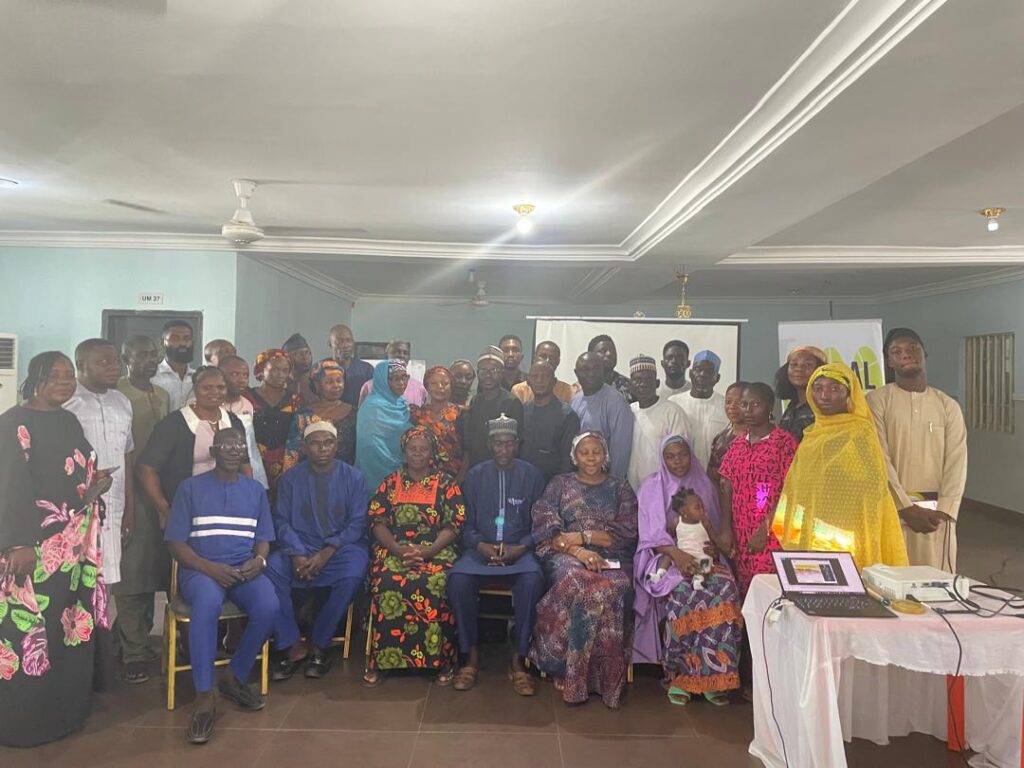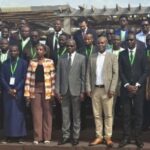Empowering Taraba’s Mining Communities: Global Rights Hosts Two Day Workshop on Environmental Impact Assessment and CDAs.
By Raymond Enoch
In a bid to equip local communities with the knowledge to protect their environment and assert their rights, Global Right Nigeria held a transformative two-day training workshop in Taraba State, focusing on key issues affecting mining communities. The event brought together diverse stakeholders, including government officials, civil society representatives, youth, and the Women in Mining Taraba State.
Mr. Etiosa Oviawe, the representative of Global Right Nigeria’s Executive Director Dr. Abiodun Bayero, opened the workshop with an enlightening session on Environmental Impact Assessment (EIA). His presentation emphasized the importance of understanding EIAs, identifying potential environmental hazards, and recognizing red flags associated with mining projects, a critical concern for the local population.

One of the workshop’s key facilitators, Emily Offodile, dived deeper into advocacy strategies for mining communities, focusing on Community Development Agreements (CDAs). She discussed the significance of these agreements in fostering sustainable development and empowering local communities, and presented case studies to help participants analyze real-life CDAs. Ofiodile’s session shed light on how communities can use CDAs to negotiate better terms with mining companies and ensure their interests are protected.
A particularly impactful session explored the concept of Free, Prior, and Informed Consent (FPIC), a fundamental principle in international law that ensures communities are fully informed and their consent obtained before any projects affect their lands and livelihoods. This session was crucial in empowering participants to recognize their legal rights and advocate for informed decision-making in the face of corporate or governmental pressures.
The workshop successfully bridged gaps between local communities and stakeholders, equipping them with the tools to safeguard their environment, assert their rights, and advocate for more equitable mining practices in Taraba State, one which takes into consideration the well being of the Host communities. As mining operations continue to grow across Taraba State, initiatives like this are vital in ensuring that communities remain at the forefront of decision-making for communities protecting both their future and the environment.








